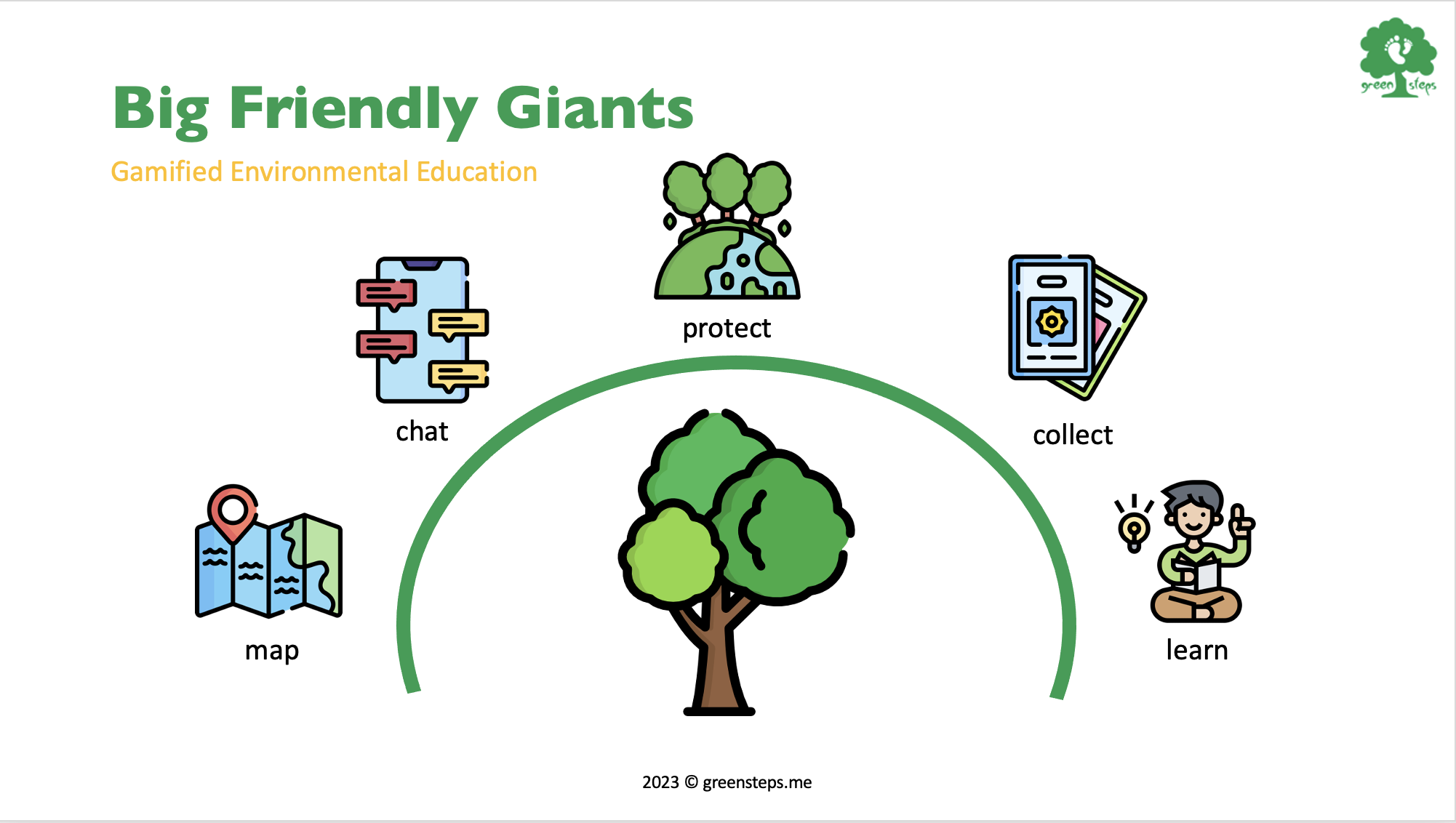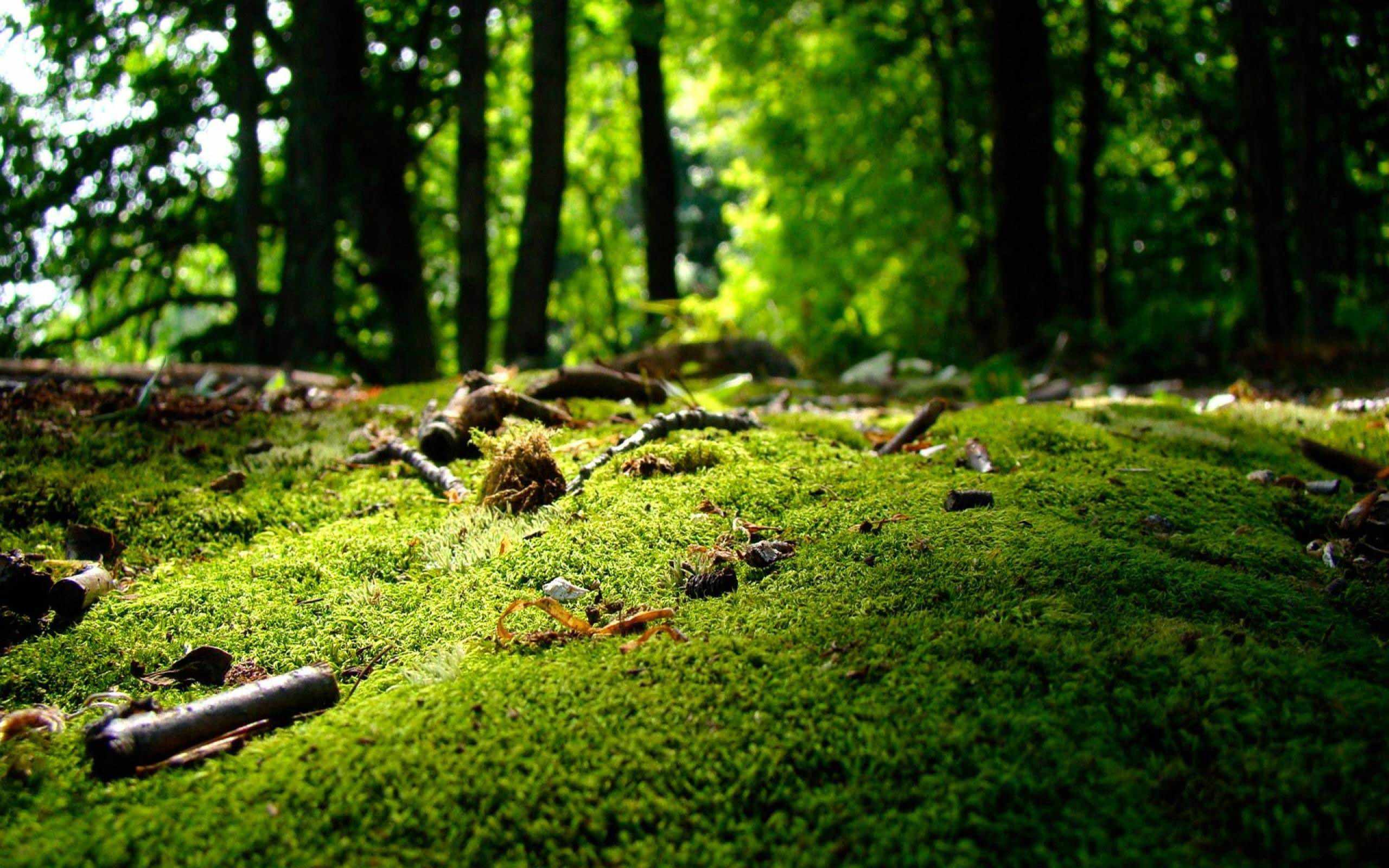Author:
Green Steps
Short summary:
Our environmental education format Big Friendly Giants (BFG) is being promoted as a regional transformation best practice by Mitmachregionen, a German version of transition towns. This is how municipalities and civic movements can turn their home turf into a participatory open air learning space.

Most people who are interested to learn about avenues to initiate an ecological and social transformation have heard of Transition Towns or have seen the French documentary Tomorrow, where Rob Hopkins speaks about the movement. Since 2016, there is a similar movement under way in Germany, Switzerland and Austria which up till know connects 45 regions in their efforts to drive transformation. The Schweissfurth Foundation backed initiative offers a pool of best practices for participating regions and has integrated last week Green Steps's innovative environmental education format Big Friendly Giants. We are excited about this new alliance and look forward to see the format spreach beyond the German speaking world.

Big Friendly Giants – learning in the home community as well as in the national park
Modern societies have little or no awareness of the carrying capacity of the ecosystems in which we live, leading to depletion of planetary resources both locally and globally. The core problem lies in an educational system that creates neither space perception nor ecosystem understanding, and an economic system that understands nature only as capital to be exploited.
We address the problem by rethinking education and building the Internet of Nature (IoN) together. Citizen groups and educational institutions map old trees (aka Big Friendly Giants) and combine them into age-appropriate hiking routes (aka Mobile Campus 4.0). The hikes start from a youth center, a clubhouse or a school.
Effect
We learn best when we are not aware of it. Therefore, this project is designed as a game in which, on the one hand, citizen scientists (citizens as researchers) grasp the "playing field of their home community" and plan the game autonomously. Citizens and visitors of the community play by hiking the locally planned routes and understand ecosystem services of trees step by step. This leads to the following short, medium and long-term effects:
- Better and broader understanding of the local state of nature
- Children and young people interested in science
- Documentation for political decisions for environmental protection and spatial planning
- Transformation of the education system
- Transformation of the economic system
Further Reading:
https://www.filmsforaction.org/watch/tomorrow-take-concrete-steps-to-a-sustainable-future/
https://transitionnetwork.org/people/rob_hopkins/
https://schweisfurth-stiftung.de/stadt-land-tisch/100-mitmach-regionen/
https://wir.mitmach-region.org/aktionsbeschreibung/big-friendly-giants-in-der-heimatgemeinde-wie-im-nationalpark-lernen/





